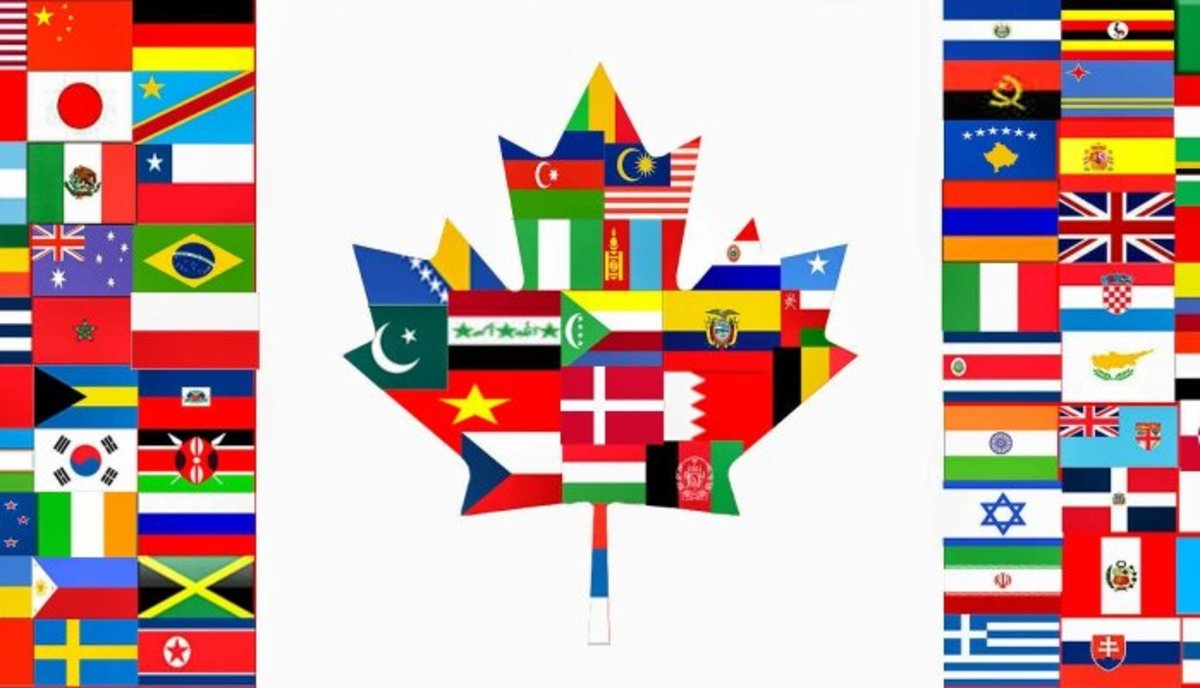The Master Puppeteer - Analyzing The Influence Of American Broadcast News

Imagine you have, until the very present moment in time, went your entire life without being exposed to broadcast news in the United States. What in particular would stand out to you the most? Would anything seem particularly odd or unexpected? Perhaps you would take note of the usage of strategic language, accompanied by an engineered tone that serves as the puppeteer of the views and feelings of the masses. Disturbingly enough, broadcast news in the United States such as CBS Evening News uses specific language in tandem with a subtle tone that manipulates and sucks in viewers, and as such, should be avoided by all. If one watches any broadcast news at random, it is highly likely there is language or tone that meets the said criteria, especially the episode of CBS Evening News that aired January 23, 2014.
During the beginning of the episode, right after the viewer is bombarded with images that preview the stories to be covered, they directly jump into manipulative language and tone during a story regarding winter weather. Instead of listing statistics concerning the temperature and weather patterns, they make use of a comparison that immediately seems exceptionally surprising, even though the claim itself seems dull after careful analysis. With a tone that demands to be taken absolutely serious, they say that "it is warmer in your fridge than it is outside the front door." Naturally, this immediately seems somewhat surprising not only due to the demanding and serious tone of the anchorman, but also because we all envision the fridge to be an extremely cold place. In reality, however, the standard temperature for fridges range from 37 to 41 degrees Fahrenheit, a temperature that many regions in the United States drop under every winter. If the average viewer trusts the news enough to not examine its language critically, it's likely that such a statement will hit home and the viewer will be glued to the television over what they feel like is a remarkably interesting winter weather situation, even if the season itself is statistically average. In addition to the fridge quote, CBS chops out the most gruesome quotes given in an interview by a physician at a frostbite center, referring to the number of "baloney amputations, taking off fingers, taking off toes" cases. The graphic language creates horrid visual imagery, and seals the idea of an apocalyptic winter as initiated by the fridge language.
CBS Evening News, January 23, 2014
The fourth story in the episode is a dark but subtle report on the current economic state of Iran. Negative words are emphasized, including "struggling" and "weakening" to describe the state of Iran. They reported that the Iranian government began financial negotiations with Russia in hopes of lifting revenue from oil exports significantly. While emphasizing the factual part of the story, meaning the beginning of the negotiations between Russia and Iran, the early and unnecessary language depicts a negative opinion of the state of Iran's economy and sets the viewer up for a heaping helping of brainwashing. The story that immediately follows the financial negotiations is a discussion of Pentagon surveillance blimps, created to counteract cruise missiles, something that the United States has little defense against. After mentioning the controversy that the blimps are raising, and how effective they truly might be, they finish the story with a side note: "Iran and other countries are experimenting with developing them." That minor statement allows CBS to associate fear with the very mentioning of Iran, particularly by presenting them a story that directly relates to their safety and personal livelihood. While the statement and intention is minor, it has enormous bearing and reach towards viewers with malleable opinions on foreign affairs. Moreover, CBS understands if it were to focus on shaming Iran more directly, the average viewer might begin to catch on, and at least understand that they're watching an opinionated news program as opposed to a supposed unbiased news broadcast.
Not only does CBS' reporting contain persuasive language and tone towards controversial issues, it also directs the viewer's opinions on less controversial topics using the same tactics throughout the program. This is most easily seen with the story that reports that a catastrophic fire has torn through an retirement home in Quebec, killing three and leaving over thirty missing. After they briefly cover an incredibly tragic and depressing story, they immediately shift to the next story, which is connected to the previous ones by tone and language. As they begin describing the scenario in which Justin Bieber was arrested for a DUI in a Lamborghini, the absolute first thing that they mention, with sharp emphasis, is that he is "Canadian-born." Naturally, one would not think Justin Bieber's origins would have to be mentioned regularly at this point in his stardom, especially after gaining world recognition. CBS is playing on slight anti-Canadian mentalities by associating a cringe-worthy Bieber story with a catastrophic incident that took place in Canada. The retirement home story invokes fear and sadness in the viewer, which is swiftly topped off by feelings of disbelief and disapproval by Bieber. It forces an association of two unrelated stories, and finds a commonality between them. This is used to play off of the stereotypical lighthearted resentment many Americans have towards Canada, and reinforces the notion that Canada is something to be avoided altogether.
CBS Evening News, January 23, 2014
In addition to CBS Evening News' strategical implantation and persuasion of distorted opinions on politics and foreign affairs, they also make sure to sway the viewer for something as seemingly trivial as a professional sport event. CBS ended the show with a touching story regarding the success of hearing impaired NFL superstar, Derrick Cole, who was just one week away from playing in Super Bowl XLVIII. Furthermore, the anchors explained that two young girls which have similar hearing impairments were inspired by Cole's determination and success, which motivated them to participate in competitive sports by their own right. The young girls had crafted a letter addressed to Cole, wishing him luck and thanking him for his inspirational courage. Moved, the father of the two girls tweeted a picture of the letter at the NFL Seahawk's official account, which prompted a video response from Cole himself thanking the girls for their encouragement and wishing them luck in their own pursuits. It might not seem apparent at an initial viewing, but the warm feelings emanating from the bit compel even the most dedicated Denver Broncos fan to adopt a bit of empathy for the Seahawks and Cole's success. Rather than showing an additional heartwarming story that targets the Broncos instead, perhaps through Peyton Manning's charity work, CBS chose to end the episode with a video clip from the two girls, both giving strong endorsement for the success of the Seattle Seahawks in the Super Bowl. While such a decision may not have as far reaching consequences in the same manner that their bias towards Iran carries, it nonetheless provides further evidence that CBS is an engineered factory of emotional and intellectual manipulation.
CBS Evening News, like all broadcast news in the United States, is more intent on persuading and manipulating the viewer than it is on reporting information. Each story, no matter how seemingly trivial, is pumped with bias and manipulative strategies that seek to control the opinions of the masses and instill an addiction of viewership for their programs. Broadcast news should be avoided entirely by all viewers, and alternatives, such as independent online reporting, should be sought out by all. Even then, it is critical that we apply the Socratic method to all information that we consume. We should continue to fact check information and question the legitimacy of reports and keep an eye out for persuasive tactics hidden within the information. Until the day comes that the majority of people realize the immensity of the manipulation broadcast news employs, our society will continue to be plagued with a reporting medium that fundamentally runs counter to critical thinking and individual thought.
Works Cited
CBS Evening News, CBS Broadcasting, Inc. 23 Jan. 2014. cbsnews.com. Web. 12 Feb. 2014
Keep your fridge-freezer clean and ice-free. BBC. 30 April 2008. Web. 13 Feb. 2014



